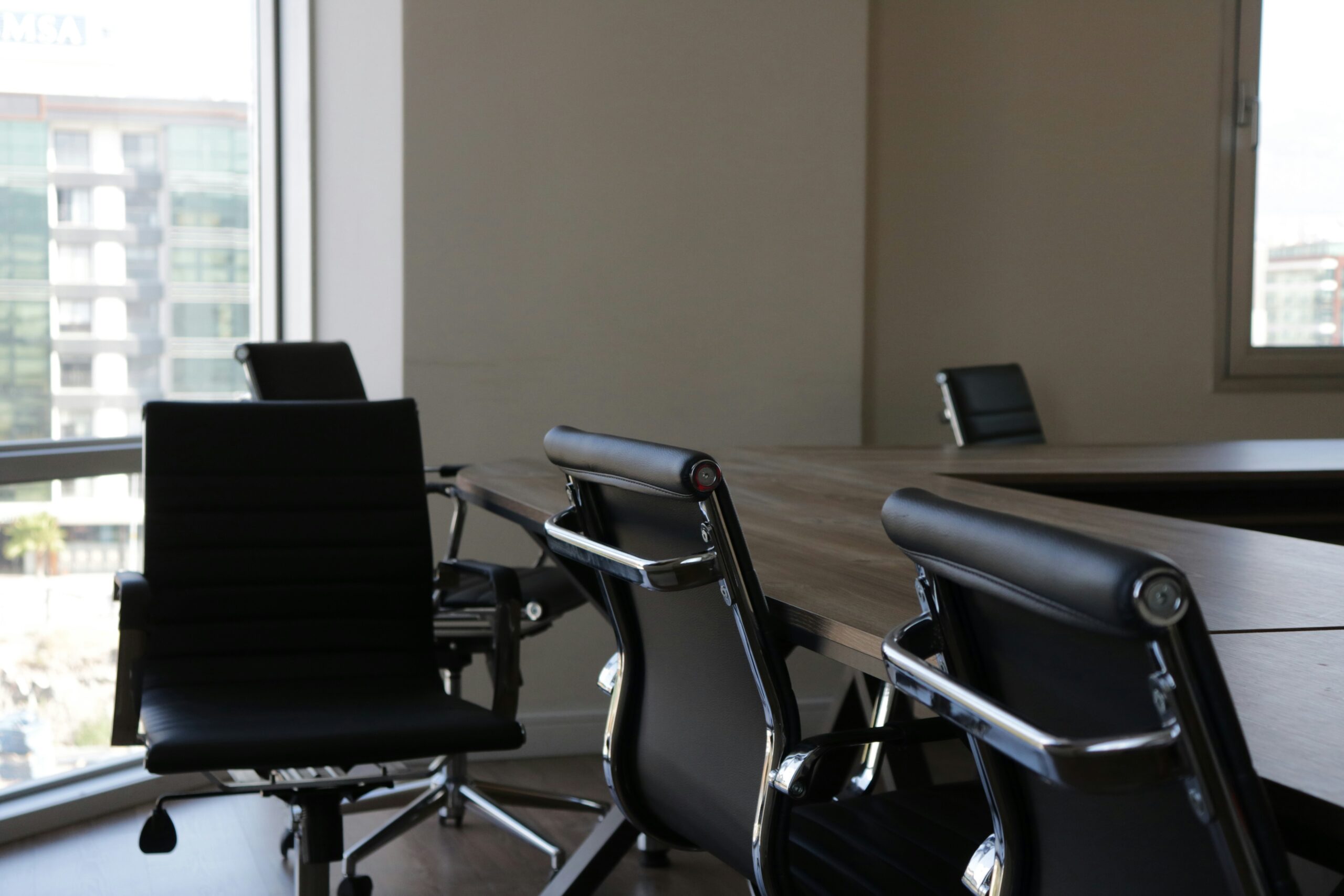Does My Landlord Have A Right to Inspect The Deck or Balcony?
In California, a spacious deck or balcony is highly sought after by tenants, providing ample space for hosting guests, cultivating plants, and enjoying the sunset with a beverage. Consequently, apartment listings frequently emphasize units with these amenities. Notably, units with decks and balconies are often the most desirable options, commanding higher rents with minimal turnover. However, upon taking possession of a unit, California tenants face the question of whether they must comply with their landlord’s request to enter their home for deck or balcony inspections. Additionally, California tenants must ascertain how frequently landlords may enter their home to inspect their deck or balcony. This article aims addresses these inquiries, empowering California tenants with information regarding deck and balcony inspections in relation to their landlord’s right of entry.
Do Landlords Have A Right to Inspect the Decks or Balconies in California Tenants’ Homes?
Yes, the law requires California tenants in buildings with at least three (3) units make their home available to their landlord to inspect their deck, balcony, or other exterior elevated structure periodically. Health & Safety Code § 17973 (Covering tenants in apartment units); Civil Code § 5551 (Covering tenants in condominium units). The law defines these structures as, “Exterior Elevated Elements.” Id. Further, the laws only apply to wood or wood-based structures:
- Have a walking surface;
- Designed for human occupancy or use;
- Extending beyond the building’s exterior walls; and,
- Raised at least six (6) feet above ground level. Health & Safety Code § 17973(a)(2); Civil Code § 5551(a)(2), (3).
The purpose of the inspection must be to ensure the deck or balcony is safe, not dilapidated, and in good working order that will not cause harm to anyone or to property. Health & Safety Code § 17973(a); Civil Code § 5551(b)(2). Further, the inspector must prepare a written report detailing their inspections findings and present it to the landlord. Health & Safety Code § 17973(c)(4); Civil Code § 555(e), (f). For tenants in apartment units, the inspector must provide the written report to the landlord within forty-five (45) days, and they must also provide a copy of the report to the local code enforcement agency, as well. Id.
Must California Tenants Residing in One (1) or Two (2) Unit Buildings Allow Their Landlord to Enter the Home to Inspect the Deck or Balcony?
Generally, California tenants in one (1) or two (2) unit buildings do not need to allow the landlord into their home to inspect their deck or balcony pursuant to Health & Safety Code section 17973 or Civil Code section 5551. That does not mean that the landlord, or their agent, may lawfully enter their home to inspect the deck or balcony pursuant to another law, such as Civil Code section 1954.
How Often Must California Tenants Permit Their Landlord Into The Home to Inspect Their Deck or Balcony?
For California tenants residing in covered units, the landlord must inspect the deck or balcony before January 1, 2026. Health & Safety Code § 17973(d); Civil Code § 5551(i). Thereafter, California law separates California tenants’ obligation to allow landlord entry for deck or balcony inspection based on the type of building in which they reside:
- For California tenants residing in apartment units, their landlords have a right to enter the unit to inspect the deck or balcony once every six (6) years after January 1, 2026. Health & Safety Code § 17973(d); and,
- For California tenants residing in condominium units, their landlords have a right to enter the unit to inspect the deck or balcony once every once every nine (9) years after January 1, 2026. Civil Code § 5551(i).
What Steps Must Landlords Take If Their Deck or Balcony is Determined Defective?
If the inspection finds the deck or balcony to be dilapidated and requiring repair, the landlord must obtain all necessary permits for repair or replacement from the local government and commence repair work by a licensed contractor in a lawful manner pursuant to all applicable industry standards. Health & Safety Code § 17973(g).
For California tenants residing in covered apartment units, where the deck or balcony poses an immediate threat to the safety of persons, the landlord shall apply for a permit within 120 days of receipt of the inspection report and make repairs within 120 days of permit approval. Health & Safety Code § 17973(h)(2). Should the landlord fail to comply, they may be assessed a civil penalty between $100 and $500 per day until completing the repairs. Health & Safety Code § 17973(h)(2). Additionally, the landlord must retain a copy of the report for two (2) inspection cycles as official records. Health & Safety Code § 17973(d).
For California tenants residing in covered condominium units, where the deck or balcony poses an immediate safety threat, the inspector must provide a copy of the report to the landlord, the homeowners association, and the local code enforcement agency within fifteen (15) days of completion. Civil Code § 5551(g)(1). The landlord, by way of the homeowners association, must repair the deck. Id. Additionally, the landlord, by way of the homeowners association, must retain a copy of the report for two (2) inspection cycles as official records. Civil Code § 5551(i).




